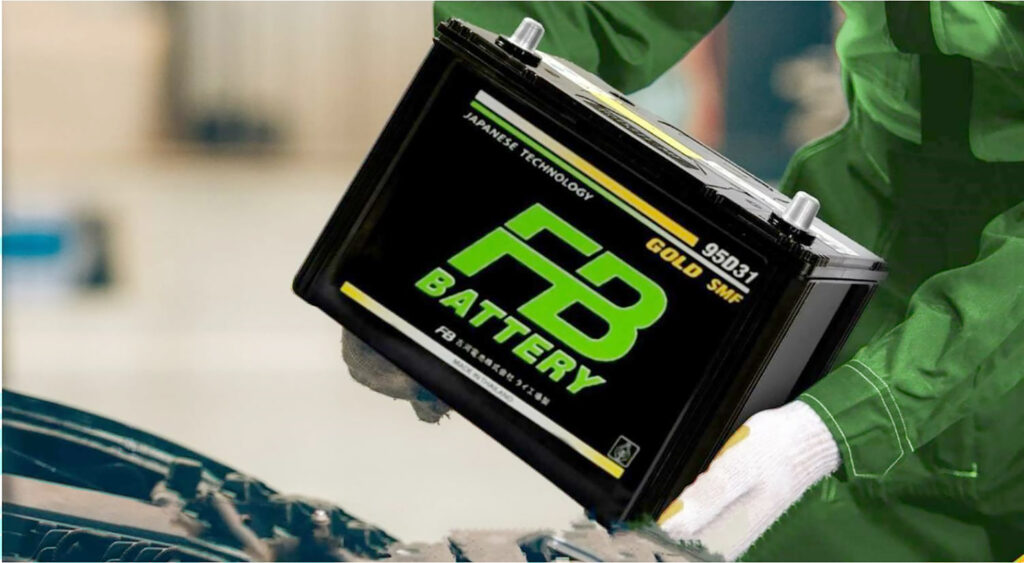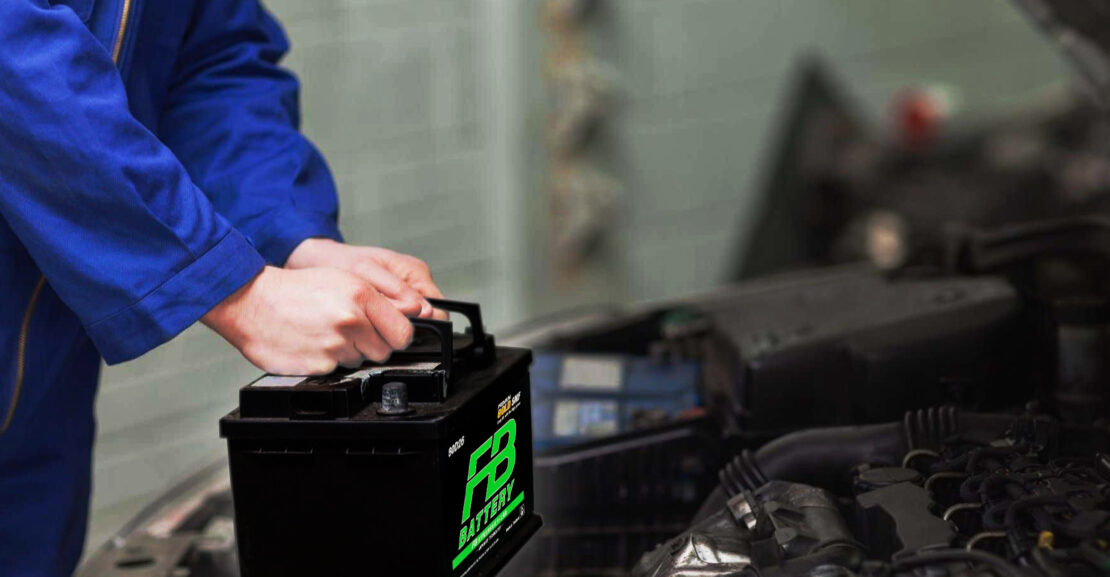Despite the still ongoing pandemic, the new normal is allowing people to go out again—schools resume face-to-face classes, offices and other workplaces are operating as normal again, and commercial establishments have regained momentum. The traditional (and normally exhilarating) ‘stop and go’ city traffic across the metro has undoubtedly returned. Before going out on the roads to bravely face the horrific traffic situation, be reminded that long traffic can wreak havoc on the battery of your car.
Frequent accelerating and stopping the car more consistently forces the vehicle’s battery to work much harder than it normally should. By subjecting the car battery to quick and short charge-ups, it is spared from fully warming up and charging during your drive.

While the stop-and-go city traffic is inevitable and should be endured throughout the year, it will help to know and understand other ways to keep the car battery in the top condition at all times.
Avoid driving very short distances, if possible. If you are among those who frequently drive short trips, it is time to consider walking, if possible. Driving short distances more often could do harm to the car battery in the long run. It can cut short the life of the car battery because the practice does not facilitate a full recharge in between trips.
Do you need to drop by the nearest convenience store to buy ice cream or any item you abruptly need? Walking could be a practical and healthy option—it could save your battery, prevent gas consumption, and give your body a quick physical activity that promotes cardiovascular health. If you can’t help it, drive the car for another five minutes to maintain your car battery’s health.
Be conscious about the gadgets you plug in while on a road trip. For busy people, charging smartphones or even laptops through the car’s charging outlet could be a normal task. Be aware that this habit can strain the car battery in the long run.
Using the navigation screen, playing the radio, turning on the internal lights and sensors, using the air conditioner, or keeping the dashcam on while driving also utilizes significant energy supplied by the car battery. To avoid the need to charge your gadgets while driving, be sure to do the recharging through the electric outlet at home before going out or the night before. Turn off or unplug the dashcam when not in use. Lastly, use the air conditioner and the car stereo controllably.
Don’t use car lights or play the radio when engine is off. You are not saving anything when leaving the car lights, air conditioner, or car radio on when idling, or when the engine is turned off. In fact, such a practice can be harmful to your vehicle’s battery.
To save the battery, remove the car keys from the car ignition when parked. If you need to stay inside the car while it is parked, why not consider opening the windows or using your smartphone’s radio instead? If the heat inside the car is unbearable, why not just go out and kill time in a coffee shop or elsewhere where there is open air? Always check if all lights are off before leaving your car parked.
Disconnect the car battery terminals before going to a vacation abroad. Are you going abroad for more than a week? Are you planning to take a vacation to a domestic destination and leave the car at home during the duration? It would be best to simply disconnect the battery terminals before going.
Doing so would help prevent the battery from inevitably losing charge during the days the car would not be in use. Just disconnect the battery’s negative terminal and you’re good to go. Otherwise, have a friend or relative start the car at least every few days—or have them drive the car for at least 20 minutes every day or every other day to maintain the battery’s health while not in use during the holiday break.
Don’t ignore your car’s battery warning sign. The car will send you signals when the battery is starting to get weak so you would be warned. If you notice having the need for an extra juice when starting the engine in the morning or when you see the battery warning light on the dashboard, take it as a sign to seek a battery service. Have the car battery inspected immediately or if required, replace it with a new and better one.
If you are considering switching brand when replacing your car battery, it is time to check out Furukawa Battery, from a 72-year-old Japanese battery manufacturer. The brand dates back its history from 1914, before the company was reorganized in 1950. Through the decades, and in its manufacturing base in Thailand, Furukawa has maintained its reputation of being among the most reliable brands of truck, automotive and motorcycle batteries in the region. It has also gained a strong following from consistently satisfied car owners in the Philippines.
“In BSB Junrose’s tradition of distributing only the best products and brands for Filipinos, we are proud to bring Furukawa Battery to the most discerning vehicle owners in the country,” said Benjamin Bangayan, President of BSB Junrose, the local distributor of Furukawa Battery. “We are confident that the brand will not let you down. Furukawa Battery is designed to withstand the country’s road conditions, Filipinos’ driving habits, and other issues like fast discharging rates, shortages, and quick water loss.”

